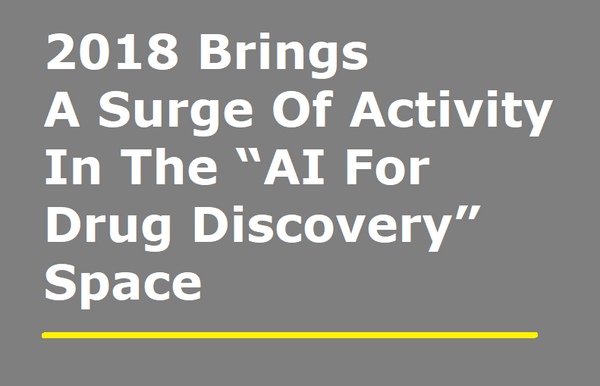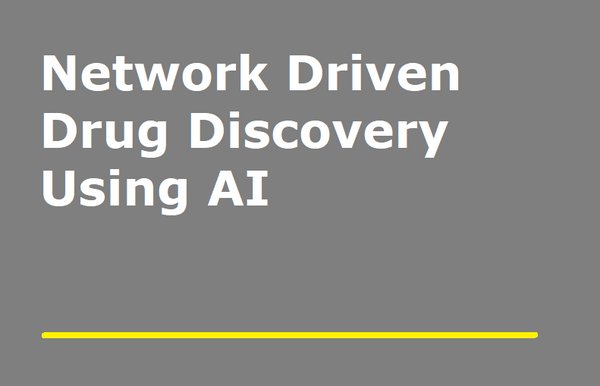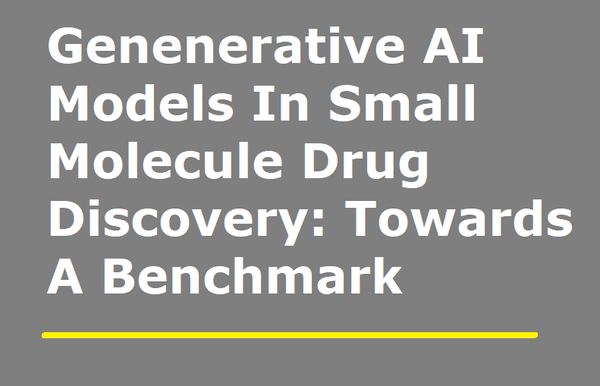Applying Artificial Intelligence And Bioinformatics To Create Complete Picture Of Immune System
Nowadays, the brightest innovations usually happen at the intersection of different disciplines and technologies. A recent scientific achievement by Dr. Carsten Krieg, a researcher at Hollings Cancer Center (HCC), Medical University of South Carolina, is not an exception to this observation.
With an ambitious goal in mind to advance the field of cancer immunotherapy, Dr. Krieg combines a very powerful analytical technique -- mass cytometry, with artificial intelligence (AI), machine learning and bioinformatics tools to visualize the obtained experimental data and have a bird’s-eye view of the immune system.
Mass cytometry, or CyTOF (cytometry by time-of-flight), is a variation of flow cytometry in which antibodies are labeled with heavy metal ions (in the case of Dr. Krieg’s experiments -- with rare metals), rather than fluorochromes, and then time-of-flight mass spectrometry is used for readout.
Basically, Dr. Krieg used this approach to stain cells using rare metal-conjugated antibodies that target surface and intracellular proteins to visualize what was happening on a cellular level. After staining, the cells are ionized using an inductively-coupled plasma. The ions derived from each stained cell are then detected in a mass spectrometer.
According to Dr. Krieg, this technique can potentially identify up to 100 markers per cell, but practically speaking, results on around 40 markers are more realistic to achieve.
Next, researchers used artificial intelligence and bioinformatics tools to derive a two-dimensional mapping of the obtained experimental data, visualizing them in a user-friendly way, creating a comprehensive picture of millions of blood cells for further manual analysis and comprehension.
(For other use cases of Artificial Intelligence in drug discovery, read a mini-review “How Pharmaceutical and Biotech Companies Go About Applying Artificial Intelligence In R&D”)
In other experiments, conducted in the University Research Priority Program (URPP) in Zurich, Switzerland, Dr. Carsten Krieg and colleagues decided to use the above techniques to study melanoma. They managed to identify biomarkers in the blood which appear to be predictive of the efficiency (or non-efficiency) of immunotherapy treatments for certain groups of patients. So the combination of techniques has a potential to become a powerful decision instrument for medical practitioners. The results of this research were published in Nature Medicine, titled "High-dimensional single-cell analysis predicts response to anti-PD-1 immunotherapy".
Another important practical implication of Dr. Krieg’s research is the ability to get to the mechanisms behind what makes immunotherapy work, which is fundamental for any further scientific improvements in this exciting field of research.
Krieg perceives the technology as a major advancement in cancer research. Historically, over a couple of decades, chemotherapy was the main course of treatment. Later, the field progressed to genome sequencing to be able to find mutations in the DNA for which selective inhibitors were developed. And now, with new findings described above, the science goes a step further -- from DNA and the transcriptome to being able to look more comprehensively at the proteome.
This article is based on the news communication at EurekAlert!
Credit: Dr. Carsten Krieg, Medical University of South Carolina
Topics: Emerging Technologies


